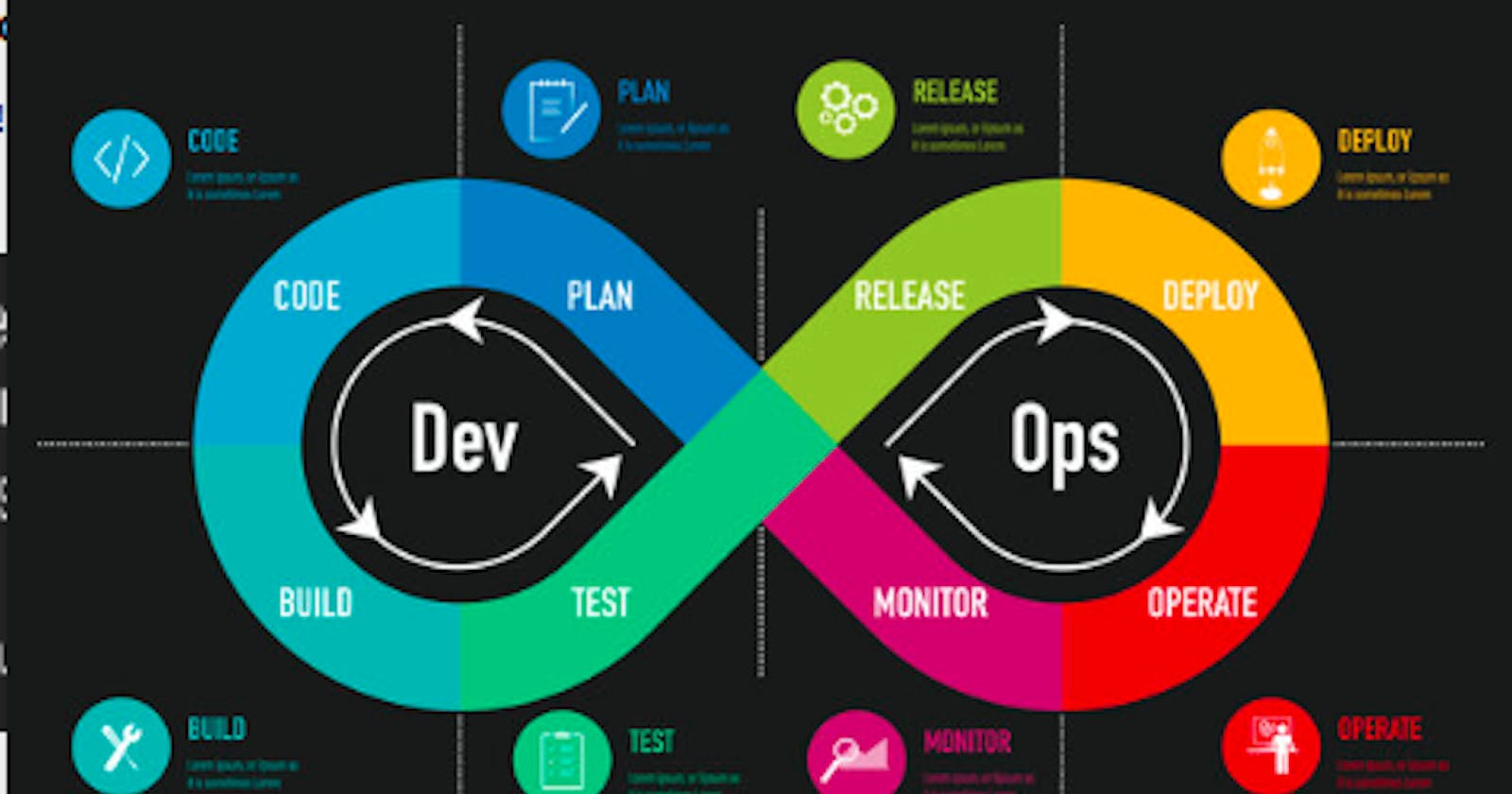Table of contents
DevOps is a term derived from the combination of "development" and "operations."
The Pillars of DevOps:
DevOps rests on three fundamental pillars: culture, automation, and measurement.
Culture: DevOps fosters a culture of shared responsibility and collaboration. It encourages developers, operations professionals, quality assurance teams, and other stakeholders to work together seamlessly throughout the entire software development life cycle. By promoting open communication and trust, DevOps breaks down barriers and facilitates a culture of continuous learning and improvement.
Automation: Automation is a core principle of DevOps. By automating repetitive and time-consuming tasks, such as testing, deployment, and infrastructure provisioning, teams can save valuable time and effort. This enables faster and more reliable software delivery, reducing human error and freeing up resources for more critical tasks.
Measurement: DevOps relies on data-driven decision-making. Teams leverage various metrics and key performance indicators (KPIs) to measure and track the efficiency and effectiveness of their development processes. Continuous monitoring and analysis of these metrics allow teams to identify bottlenecks, optimize workflows, and drive continuous improvement.
Benefits of DevOps: Implementing DevOps practices brings numerous benefits to organizations of all sizes:
Enhanced Collaboration: DevOps bridges the gap between development and operations teams, fostering effective communication and collaboration. This synergy leads to faster feedback loops, reduced errors, and increased overall productivity.
Continuous Delivery: With DevOps, software can be developed, tested, and deployed more frequently and reliably. Continuous integration and delivery pipelines enable rapid iterations, empowering organizations to respond swiftly to customer feedback and market demands.
Improved Quality: By automating testing processes and utilizing robust monitoring systems, DevOps ensures that software is thoroughly tested and validated. This leads to higher-quality products with fewer defects and vulnerabilities.
Scalability and Resilience: DevOps promotes the use of scalable infrastructure and cloud technologies. By adopting infrastructure-as-code principles, organizations can easily scale their systems and enhance their resilience, accommodating fluctuating user demands effectively.
Conclusion: DevOps has revolutionized the software development landscape, empowering organizations to deliver high-quality software faster and more efficiently. By fostering collaboration, embracing automation, and measuring key metrics, DevOps breaks down traditional barriers and paves the way for continuous improvement and innovation. As technology continues to evolve, embracing DevOps principles will be crucial for organizations seeking a competitive edge in the digital age.
